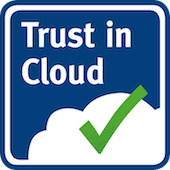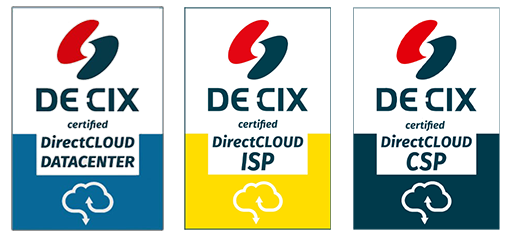IP Address
IP address (Internet Protocol Address) is a unique numerical identifier assigned to a device in a computer network that uses the IP protocol. It determines where data packets should be sent and where they come from. IP addresses are essential for routing information across local networks and the Internet.
Without IP addresses, communication between devices would be impossible: every data packet must contain both a “sender address” and a “receiver address.”
IP Address Formats
- IPv4 – the most widely used format, represented as four numbers (0–255) separated by dots (e.g., 192.168.1.1). There are about 4.3 billion possible addresses, which has led to scarcity.
- IPv6 – the newer format, consisting of eight groups of hexadecimal numbers separated by colons (e.g., 2001:0db8:85a3::8a2e:0370:7334). IPv6 offers an almost unlimited pool of addresses.
Types of IP Addresses
- Public – used to connect to the Internet, visible externally.
- Private – used within local networks (e.g., 192.168.x.x).
- Static – permanently assigned to a device.
- Dynamic – changes each time a device connects or after a set interval.
Applications
- routing Internet traffic;
- operating local networks (LAN, Wi-Fi);
- setting up VPNs and remote access;
- configuring servers and hosting;
- controlling and restricting access by IP.
Example
A user connects to the Internet via Wi-Fi. The ISP assigns them a dynamic public IP address, which identifies the device on the Internet. Inside the home network, the device also receives a private IP (e.g., 192.168.0.5) for communication with other gadgets.
Frequently Asked Questions (FAQ)
IPv4 uses 32-bit addresses, offering around 4.3 billion combinations. IPv6 uses 128-bit addresses, providing an almost unlimited number of unique addresses and stronger security features.
They are used inside local networks for device communication (e.g., between computers, smartphones, printers) without consuming scarce public IPv4 addresses.
Static IPs are better for servers, surveillance systems, and remote access. Dynamic IPs are cheaper and simpler for regular users who don’t need a fixed address.
Yes. You can check your network settings on your device or use online services to see your public IP. Your router settings will also show private IP addresses within your local network.
Providers or websites may block IPs due to violations or suspicious activity. In such cases, users often change their IP, use VPNs, or proxies to bypass restrictions.






